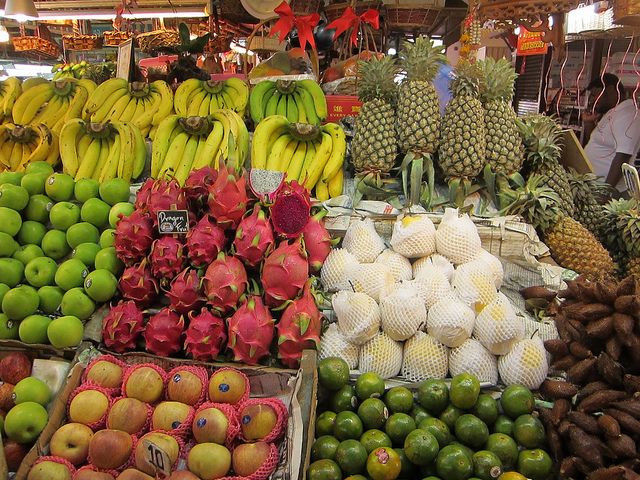Last year, farmers benefited from soaring fruit prices and increased exports, thanks to promotional efforts among trading partners. For instance, in the eastern region, durian grade AB prices rose 21% year-on-year to an average of 181 baht per kilogram, while durians from the southern region increased by 50%, reaching about 180 baht per kg. Export-grade mangosteen from southern provinces surged by 146% to 90.95 baht per kg, and mangosteen from the eastern region climbed 46% to 89 baht per kg.
However, this year has seen a sharp decline in fruit prices, prompting farmers to seek support measures to cope with these challenges.
Reasons for the Price Drop
The decline is mainly due to an oversupply and some lower-quality fruit varieties, explained Wittayakorn Maneenetr, director-general of the Department of Internal Trade. “There’s an excess of fruits for domestic consumption, brought about by many varieties entering the market simultaneously—such as durian, mangosteen, and rambutan from the eastern region, along with mangoes and lychees from the northern region,” he said. Additionally, imported fruit varieties continue to fill the market, offering consumers more options.
Fruit prices are largely influenced by quality and supply levels at any given time, with most fruit having a limited shelf life—typically only 7–10 days post-harvest—and being concentrated in specific regions. This often results in a glut that prices cannot sustain. Many small-scale farmers struggle to consistently produce high-quality produce that aligns with market demands. The expansion of cultivation into new areas—though increasing supply—often lacks adequate quality control, putting further downward pressure on prices.
Most Thai fruit is exported, with about 70–80% destined for markets such as China, Southeast Asia, South Korea, Japan, and the EU. High-quality produce that meets international standards commands premium prices, but export challenges remain. Factors like non-tariff barriers, unclear standards, high shipping costs, logistical issues such as container shortages, and increased operational expenses during peak seasons can hamper exports. Global economic conditions, including slower growth and declining consumer purchasing power in importing countries, also affect demand.
Government Support Measures
In response, the Commerce Ministry has introduced strategies to manage a large fruit stockpile estimated at 950,000 tonnes. These include improving production quality, expanding domestic and international markets, promoting processed fruit products like freeze-dried durian and dried longan, and facilitating trade procedures by establishing a “war room” and collaborating with Thai trade officials in China.
Domestic efforts involve organizing Thai fruit festivals to boost local consumption, partnering with retailers for surplus sales, and promoting direct farm-to-consumer sales to reduce middlemen. Support for online platforms offering subsidized packaging and free delivery is also underway.
Private Sector Expectations
Sanchai Puranachaikiri, president of the Thai Fresh Fruit Traders and Exporters Association, reported that the eastern fruit industry is stabilizing, with over 50% of durian and about 40% of mangosteen harvests already sold. Nonetheless, concerns remain about fruit from northern and northeastern regions, especially mangoes. This year, prices of nam dok mai and chok anan mangoes have plummeted to between 6–10 baht per kg at farm gates. Longan will also enter the market in July.
The private sector urges the government to implement targeted intervention measures during periods of genuine oversupply. Sanchai emphasizes the importance of timely support and clearer identification of intervention points. For example, subsidizing transportation costs for fruits moving from oversupply regions—such as from the north to the south—could help balance supply and demand. A subsidy of 4 baht per kg for transporting 1 million kg of fruit would cost only about 4 million baht but could significantly boost domestic sales and exports.
Finally, promoting the consumption of Thai fruit among local consumers through targeted campaigns remains a key recommendation from industry leaders.





